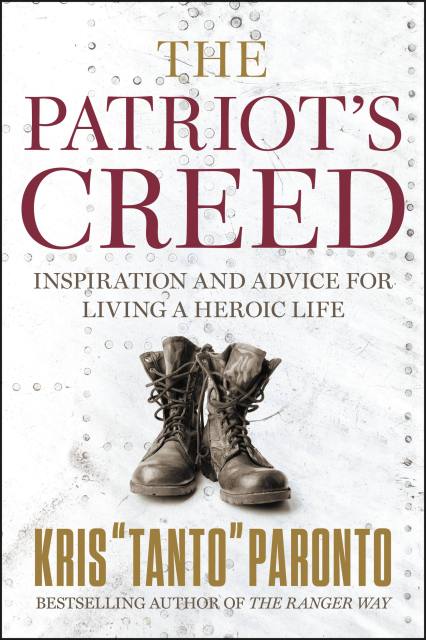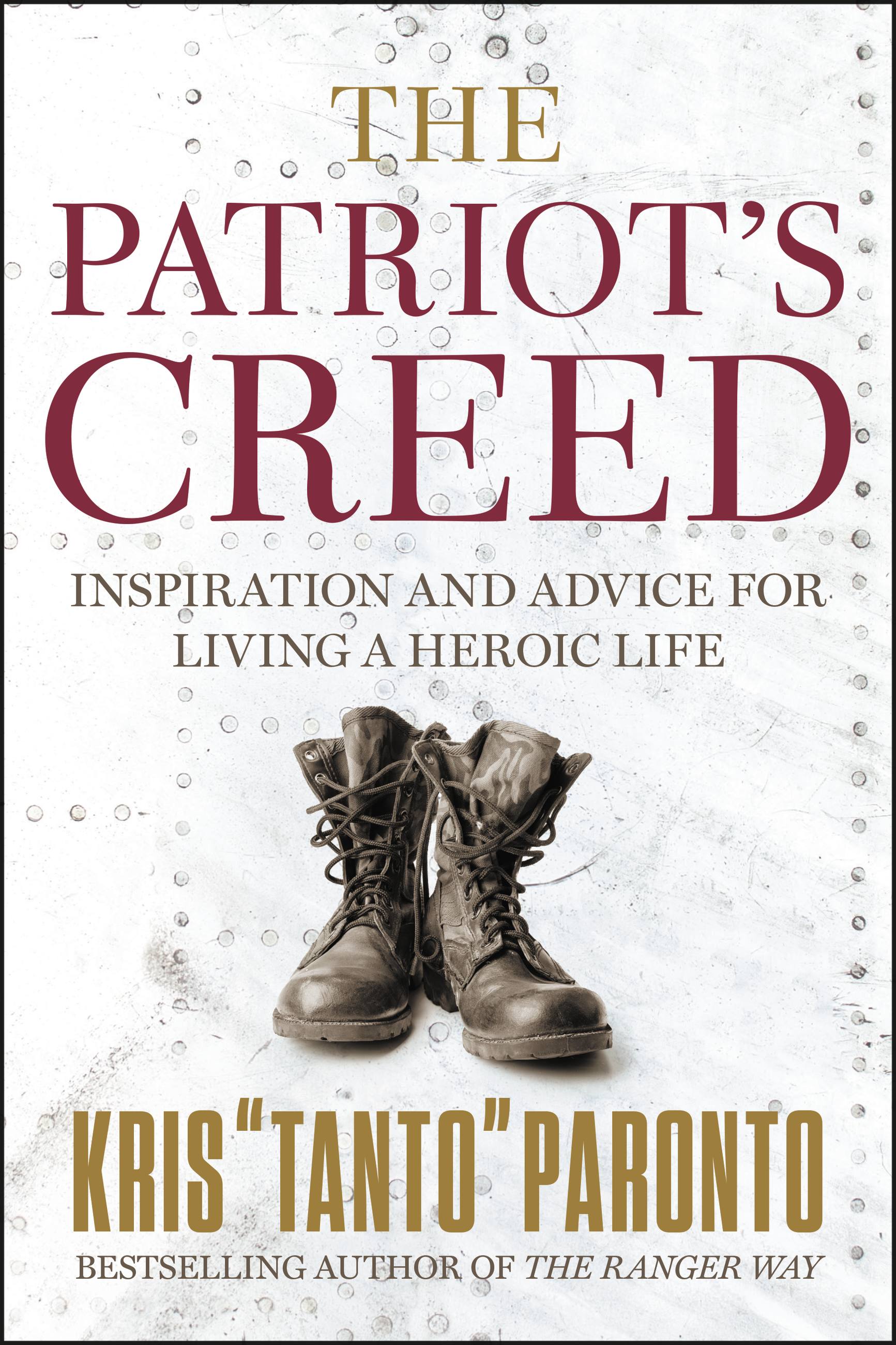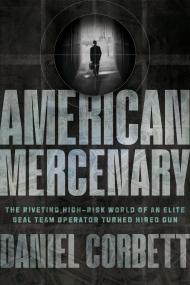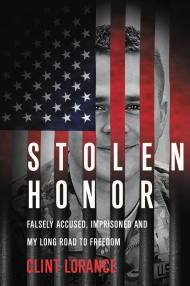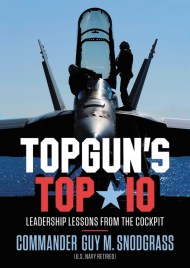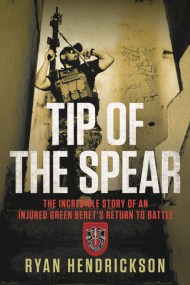By clicking “Accept,” you agree to the use of cookies and similar technologies on your device as set forth in our Cookie Policy and our Privacy Policy. Please note that certain cookies are essential for this website to function properly and do not require user consent to be deployed.
The Patriot’s Creed
Inspiration and Advice for Living a Heroic Life
Contributors
By Kris Paronto
Formats and Prices
- On Sale
- Oct 22, 2019
- Page Count
- 288 pages
- Publisher
- Center Street
- ISBN-13
- 9781546076469
Price
$14.99Price
$19.99 CADFormat
Format:
- ebook $14.99 $19.99 CAD
- Hardcover $36.00 $46.00 CAD
- Audiobook Download (Unabridged)
This item is a preorder. Your payment method will be charged immediately, and the product is expected to ship on or around October 22, 2019. This date is subject to change due to shipping delays beyond our control.
Buy from Other Retailers:
Army Ranger and bestselling author Kris Paronto reveals the values and creed shared by special forces for self-improvement and living a purposeful life.
When Kris Paronto began talking with civilians about his experiences fighting the terrorist attack on the US State Department Special Mission Compound in Benghazi, Libya on September 11, 2012, he was surprised at how often people told him that the story of his extraordinary battle gave them courage to face tough times in their everyday lives. “The odds were stacked against us that night but the truth is that we refused to quit and we beat them with faith, teamwork, and the principles that were first instilled in me when I joined the Army. You can find those in the Rangers Creed and the Army Values,” he says, “and you don’t have to be a Special Operations soldier to use them.”
In The Patriot’s Creed, Kris Paronto uses the seven core Army Values that all soldiers learn in Basic Combat Training, and the experiences of other servicemen and women and First Responders, to explain how anyone can improve themselves, the world around them, and live a heroic life. The stakes are dramatic for the brave men and women who put their lives on the line to fight for America, and too many of their acts of courage and honor are unknown. The examples of their persistence and discipline will be inspiring to anyone facing seemingly insurmountable obstacles.
At a time of national polarization, Kris Paronto draws attention to values all readers can share and use, and to the honor, integrity and courage of true patriots who have gone to great lengths to protect and serve. They embody the best of us and make Kris Paronto proud to be an American soldier.
Newsletter Signup
By clicking ‘Sign Up,’ I acknowledge that I have read and agree to Hachette Book Group’s Privacy Policy and Terms of Use
